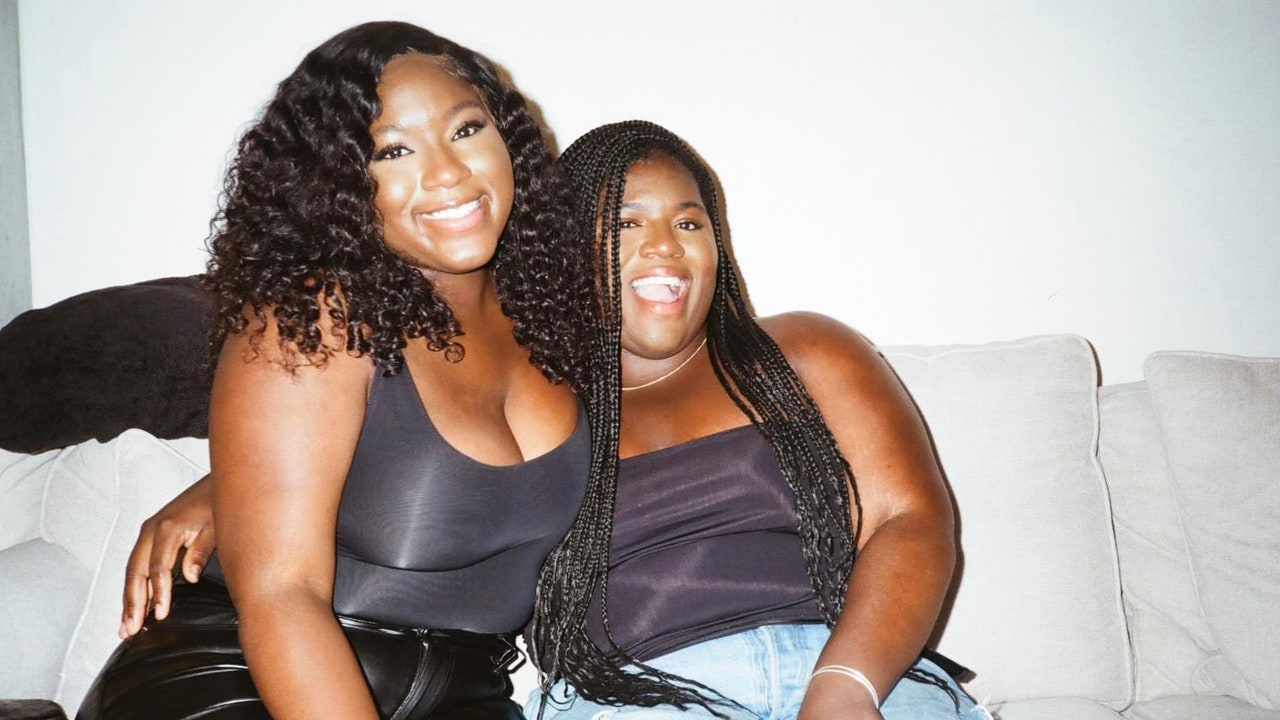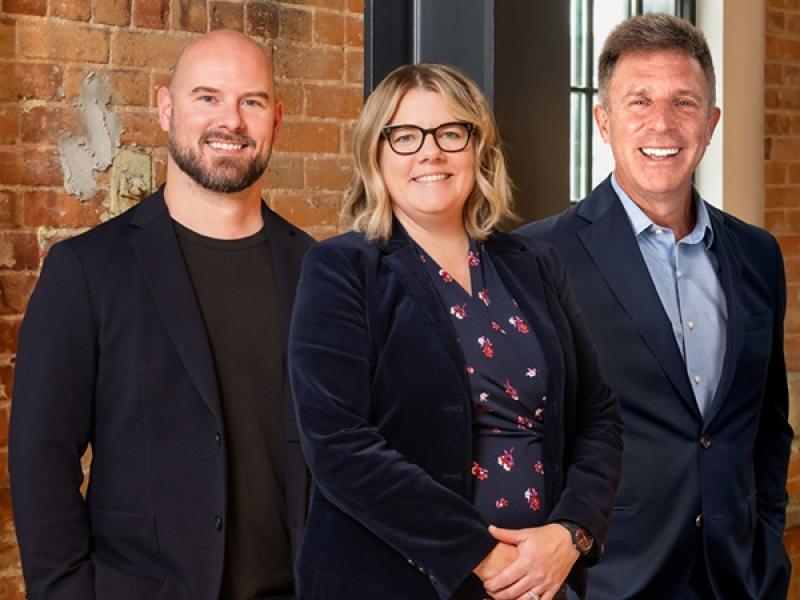A few years later she met Stephanie Douglass, Open House Austin’s other cofounder. Douglass had been in a similar position and looking to build wealth through real estate, but knew she couldn’t buy a home on her teacher’s salary. “I partnered with my mom on a property,” she says. The two women met on Instagram soon after and bonded over their shared interest in real estate as a wealth-building tool. Since then they’ve bought a number of properties—some between the two of them and others with different groups of friends—using most of them as vacation homes and Airbnb rentals.
They’re far from the only ones who are looking outside of traditional romantic partnerships when purchasing property. According to an upcoming first-time homebuyer report from real estate company Opendoor, about a quarter of first-time home buyers did not purchase their house with a significant other but rather looked to friends (11%), siblings (7%), colleagues (3%), and even people they met online (3%).
The growing interest in a platonic purchasing strategy spans a number of different scenarios. There are people like Modares and Douglass who mostly buy investment properties, but there are also many who choose to purchase a primary residence to live in with their co-owner like a roommate. (Buying duplexes and triplexes, which offer more privacy among friends, can be popular in this arrangement.) “We realized you can put together deals of all shapes and sizes,” Douglass adds. Additionally, startups like Arrived or Pacaso, which facilitate co-ownership and fractional ownership deals, are further normalizing the growing trend.
“Affordability is at an all time low. If you read the data, it says it’s at the lowest it’s been since the ‘80s,” says Chris Naghibi, a lawyer, licensed real estate broker, and chief operating officer of First Foundation Bank. “What’s happening is the majority of the American population is priced out of their ability to buy a home.” He believes it will only become more commonplace for people, particularly younger ones, to pool their resources in order to get their names on a deed. “It’s the only way people can afford to buy and get in on the equity appreciation,” he adds.
The benefits of buying homes with friends
Purchasing with friends offers certain advantages to homebuyers, most notably more time and purchasing power. Whether buying a first-time primary residence or an additional investment property, partnering with others could make it possible to buy sooner than would be possible if one were to save alone or to put more money down. “I can’t speak for other states, but the housing market is really strong in Texas,” Courtney Okanlomo, owner of Collective Realty Co. in Houston, says. “You can’t afford to wait. As houses appreciate in value, you can’t wait until you’re married or have a higher paying job. And if you can’t do it alone, you have to consciously do it with someone else.” Buying sooner also means partners have more time to grow equity in the home, she adds.









